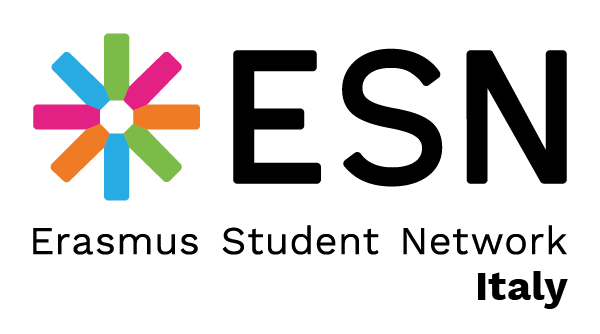Erasmus Student Network has won the Job Bridge Award for the work done in the field of competence development, and the creation of the validation of volunteer work process for ESN. The award aims to promote projects and initiatives aimed at validation of learning outcomes in volunteer work. The award ceremony took place at the 10th REVEAL conference, this year hosted by the consortium of the projects CIM , PITCH and Job Bridge on December 10th and 11th, 2020. The conference brought together professionals from formal and informal education, businesses, chambers, NGOs, National Agencies, the EACEA, volunteers and students from all over Europe to focus on new approaches to embed creative, innovative and digitally supported learning approaches in various educational contexts.
The award is a part of the framework of the Job Bridge project. The main aim of the project is to create connections between informal, non-formal and formal learning by integrating social, personal and organisational competences in a system, which can be linked to existing validation and certification instruments such as EQF, ECVET, ECTS and/or EUROPASS. It will enable volunteer organisations to assess and illustrate the competence development of their volunteers, according to a tailor-made reference system.
ESN aims to build a structured learning process for the volunteers to track the development of the competences in ESN to be able to validate them inside the organisation in order to make the volunteers more employable and competitive on the labor market. To achieve this, ESN has developed a validation process based on the KSA (knowledge, skills and attitudes) competence development framework and four validation phases: identification, documentation, assessment and certification. The initiative will be implemented internally under the name ‘’myESNcareer’’ in the form of the service offered to the volunteers. The myESNcareer service takes into account the individual learning process, preferences and styles of volunteers and is rooted in feedback, reflection and self-assessment. The service will be implemented by the myESNcareer pool, a pool of learners trained to execute the process for their fellow volunteers, as well as execute activities like CV evaluation and interview simulations. The volunteers will be able to receive certification for their individual learning objectives, however, they will also be able to build their volunteer passports.
‘’Volunteering and civic engagement and participation provide accessible learning and self-development opportunities to young people. Learning processes' are of extreme importance for organisations, and recognition of non-formal learning is of extreme importance for youth workers. Young people involved in civil society experience intense learning processes and develop competences that have long-term effects on their personal and professional life. Non-formal and informal learning can be complementary to formal education, as well as allow young people to become more competitive on a labour market as they are often seen as an added value for acquiring internship, traineeship or similar opportunities, as well as future jobs. On top of being able to translate and communicate their learning experiences outside of their bubble, recognising non-formal and formal learning as an integral part of formalised learning processes is necessary, now more than ever’.’
- Tajana Mohnacki , Vice President of Erasmus Student Network
ESN sees spaces and opportunities for our volunteers to learn as an investment into the sustainability of the organisation, as well as into the development, motivation and retention of the volunteers. They are one of the main motivational factors for the volunteers to stay involved and become more engaged in the work of the organisation - their experiences in ESN contribute to their employability and can make them stand out in the ocean of job seekers in a very competitive labor market. In ESN, volunteers can acquire and develop new competences, improve existing ones, take on different tasks and responsibilities and use different opportunities for their personal and professional development. Therefore, ESN will continue to actively work on the development of learning processes and opportunities that allow students and youth to become drivers of change in society, as well as recognition of non-formal and short-term learning opportunities for students and youth workers.

Follow us